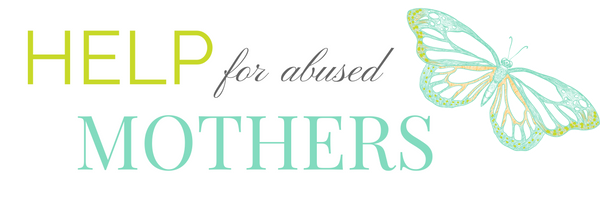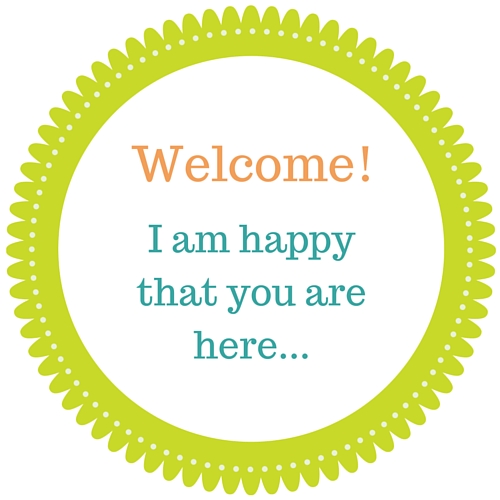 We learn in many different ways, and we are able to learn throughout our lives. As a child, we learned about ourselves by the manner in which we experienced our caretakers. Their touch, facial expressions, and attentiveness were critical clues to our feelings of safety and security. These feelings taught us our worth and value. With language development, we learned more about ourselves and others by the words that were spoken to us and around us.
We learn in many different ways, and we are able to learn throughout our lives. As a child, we learned about ourselves by the manner in which we experienced our caretakers. Their touch, facial expressions, and attentiveness were critical clues to our feelings of safety and security. These feelings taught us our worth and value. With language development, we learned more about ourselves and others by the words that were spoken to us and around us.
A child is like a sponge. She takes it all in and learns very well. Women who are abused have learned that they have little personal value. She learned to please others at all costs. She learned her voice would not be respected. She learned that others know what is best for her. She learned to be powerless and helpless. Who was the teacher of these destructive lessons?
Most likely, the first teacher was her mother. Her mother probably meant well, but she did not know anything else to teach. Going back further, the girl’s mother was taught by observing, listening to, and absorbing the experiences of her own mother . . . and back we go through the generations. In the African-American experience, many slave women were forced into helplessness and powerlessness to survive. However, there were some tenacious, assertive, and courageous slave women who stood their ground and helped others. In other cultural experiences, female powerlessness was also a part of their history. Yet, there were always some women who did not succumb, but moved forward to make a change.
Although not all helpless and powerless women are domestically abused, those who are must relearn just about everything they learned. It is a journey that requires inner strength and commitment to your personal well-being. It also requires being consistently open to the truth.
There is a familiar story about a young wife who always cuts off both ends of her roast before putting it in the pan and placing it in the oven. One day, her husband asked her why she always cut off the ends of the roast. She replied, “ I don’t know. My mother always did it.” Now she was curious about the practice. So she called her mother, and asked her why she cut off both ends of the roast. Her mother said, “I always saw my mother do it.” Determined to get to the bottom of it, the young wife called her grandmother and asked her the crucial question. Her grandmother responded, “That old pan I had was way too small. That was the only way I could get the roast in the pan!”
Breaking the generational cycle of abuse begins with you. There are new lessons to teach. However, we must first learn the new lessons ourselves. We must educate ourselves. First of all, get out of an abusive situation if you are there. Get help from psychologists, life coaches, social workers, understanding pastors, and knowledgeable friends. Read books about self-care, boundary setting, personal fulfillment, and positive communication. See my Reading Room link.
Break the pattern of learned powerlessness and helplessness. Empower yourself and the next generation. Your life is at stake. Be the change!


 Welcome to "Help for Abused Women". Add in text here......
Welcome to "Help for Abused Women". Add in text here......
Recent Comments